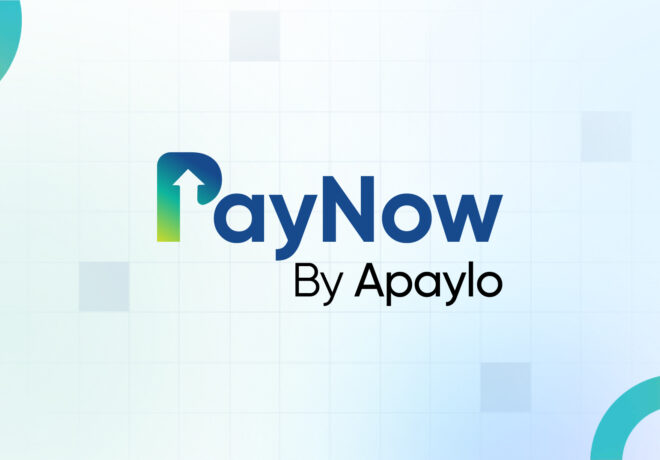EFT (Electronic Funds Transfer) is an incredibly popular method of transferring money, especially within Canada. An EFT is defined as an electronic exchange or transfer of money from one bank account to another, either within a single financial institution or across multiple institutions, through computer-based systems.
Using EFT, businesses in Canada can debit their checking accounts for either one-time payments, or recurring payments. It is important to note that international payments cannot be made by Canadian businesses using Electronic Funds Transfer- as funds must be collected and settled in the same denomination. So for example, a business based in the United States that is looking to use EFT on its Canadian customers would have to open a Canadian bank account in order to make these transfers.
There are many benefits to both individuals and businesses using EFTs, which include reduced bank fees and service charges. EFT can process payments in a much faster time frame- with the click of a button- as opposed to going through the process of signing individual cheques, physically having to take them to your local bank branch, and waiting for them to clear.
Perhaps the biggest benefit to using EFT, however, is the security features that it provides.
With financial fraud at an all-time high, it really is not surprising that in a recent survey, JP Morgan reported as many as 70% of businesses being exposed to cheque fraud; with 43% of these organizations incurring financial losses as a result of this fraud. (https://www.evron.com/reasons-why-you-should-use-eft/)
As Electronic Funds Transfer utilizes a direct deposit method- money is moved directly between bank institutions; and the bank can only release those funds to the recipients that you have listed on your EFT file. As communication is limited to computer systems of the bank institutions belonging to the sender and recipient of money, this greatly reduces the risk of fraud, as there are less opportunities for criminals to interfere in the process.
Over the past five years, EFT has taken measures to further secure itself and prevent criminal fraud; as in the past, this method of moving funds has been linked to tax evasion and money laundering activities- and even operations that fund terrorist groups. The Financial Transactions and Reports Analysis Centre of Canada, which operates as Canada’s financial intelligence unit, is tasked with detecting frauds of all kinds and lays out clear rules for conducting electronic funds transfers in Canada.
As of January 1st, 2015, all EFT reporting is conducted via a Shared Reporting Process that simultaneously reports electronic funds transactions to both, FINTRAC and the, CRA. There are also obligations to report transfers that exceed $10,000- making it harder for criminal and terrorist organizations to transfer and access funds in Canada without detection. (https://www.fintrac-canafe.gc.ca/reporting-declaration/info/rptEFT-eng)
EFT payments make up one of the principal services offered by Apaylo- and you can set up either single-entry or recurring payments to your vendors and suppliers. For more, please check out https://www.apaylo.com/products






